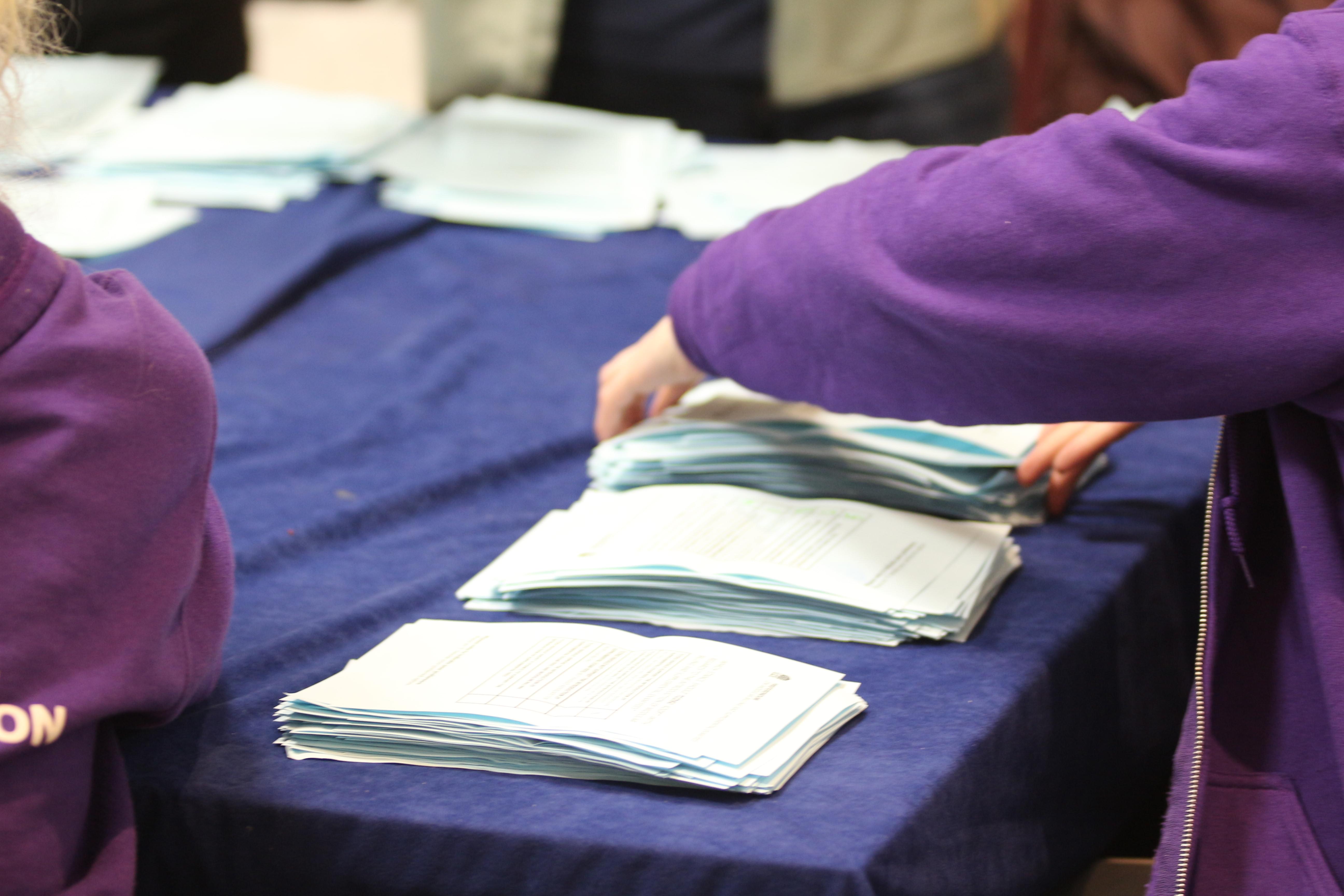Sabbatical officer elections for the Graduate Students’ Union (GSU) are to take place “completely online” this year due to College’s closure amid the Covid-19 pandemic.
The GSU Electoral Commission has confirmed that elections for a new president and vice-president are to be held online, with details of the election timeline due to be decided at a meeting this week. The systems that will be used for the elections are also still to be finalised.
The GSU constitution requires that the election of sabbatical officers is held during the Trinity term of each academic year. In 2019, the election count took place on April 11, while in the previous year, officers were elected on March 9.
Speaking to Trinity News, a spokesperson for the GSU Electoral Commission outlined that the body “has begun to update our regulations and develop tools for an online campaign and election”.
“While the details are not yet finalised on the systems that will be used, due to the current ongoing situation with COVID-19, the campaign and election will have to be completely online,” the statement continued.
“This will include using the numerous communication channels available to the GSU to ensure that postgraduate students are fully engaged with the election process, even though they aren’t able to be on campus at this time.”
Under normal circumstances, GSU elections are typically held following a week-long campaign period. A hustings is normally held during the campaign period that coincides with a meeting of the GSU Council.
The GSU’s constitution currently requires the union to “arrange to have supervised polling stations erected at suitable points throughout College to allow the ballot to take place” and that “all full members of the Union who are members of the appropriate constituency shall be entitled to vote in an election held in this manner”.
The constitution also makes provision for a “suitable system” of electronic voting subject to its approval by the union’s electoral commission and executive committee. It details that such a system should allow members to vote securely and anonymously; have provision made to ensure the system is available for use “even in the face of technical failures”; and provide a full audit of each ballot cast. It requires that “all members of the union shall be offered the opportunity to inspect the design and operation of the chosen e voting system”.
The constitution further stipulates that “all computing services directly required in the provision of e voting shall be supervised by the Electoral Commission and shall reside in a secured location upon the main campus of College”, and that “upon closure of polling, all ballots cast electronically shall be printed upon paper and placed inside a ballot box under the supervision of the Electoral Commission”.
Speaking to Trinity News, current GSU President Shaz Oye said that “taking account of the unprecedented circumstances in which we are operating”, the GSU had not yet set a date for the elections.
“We are considering the options available to us, and will endeavour to act in the best interest of the postgraduate community, and the wider College community as circumstances allow,” Oye continued.
The GSU annually elects two paid sabbatical officers; a president and a vice-president. The sabbatical officers sit on the union’s executive committee, which also includes part-time officers.
The GSU sabbatical officer elections are overseen by the GSU’s Electoral Commission, which is separate to the Electoral Commission of Trinity College Dublin Students’ Union (TCDSU) that oversees undergraduate union elections.






